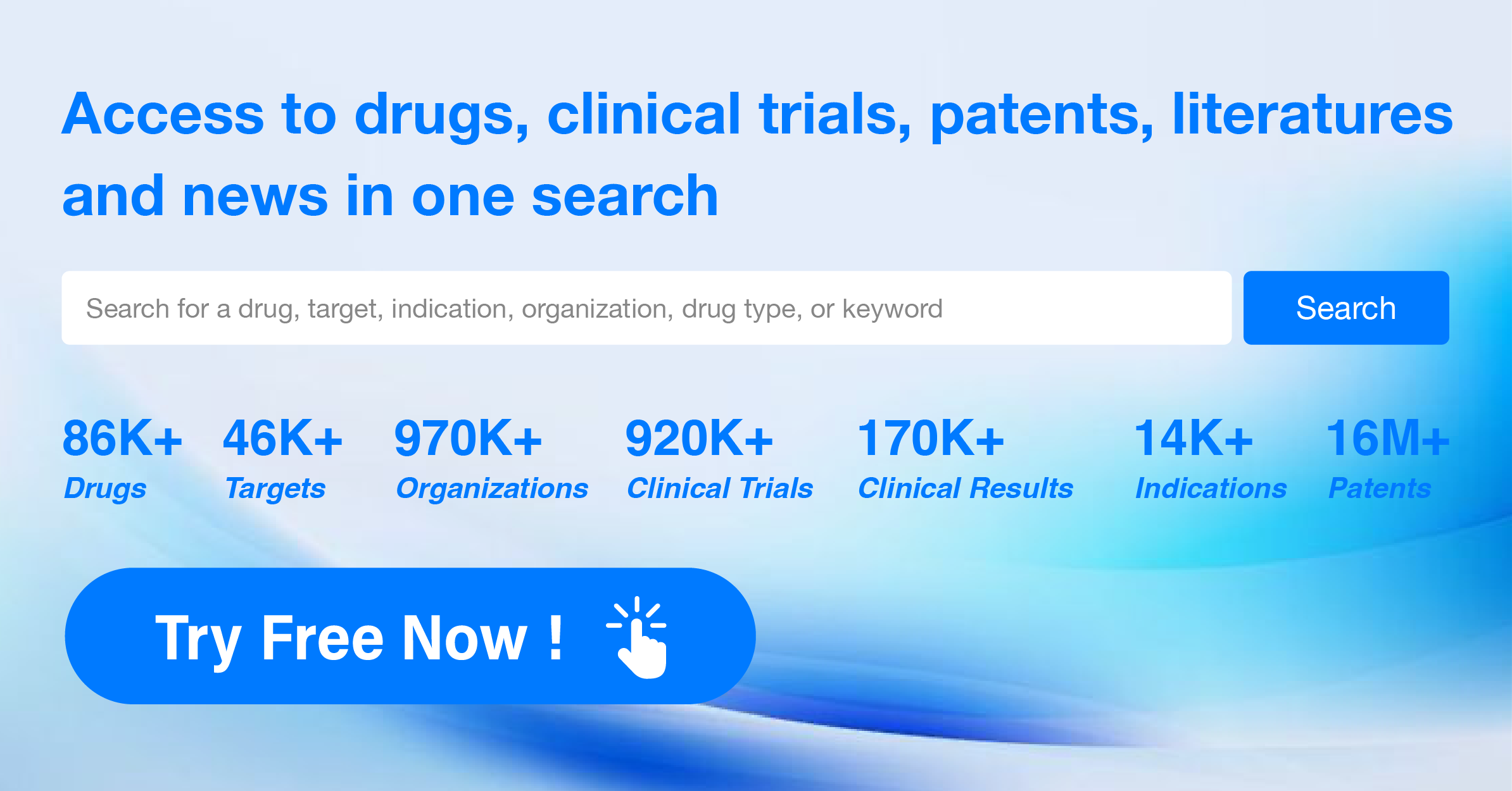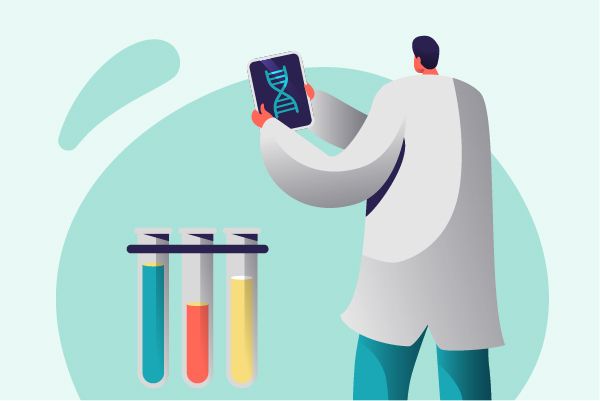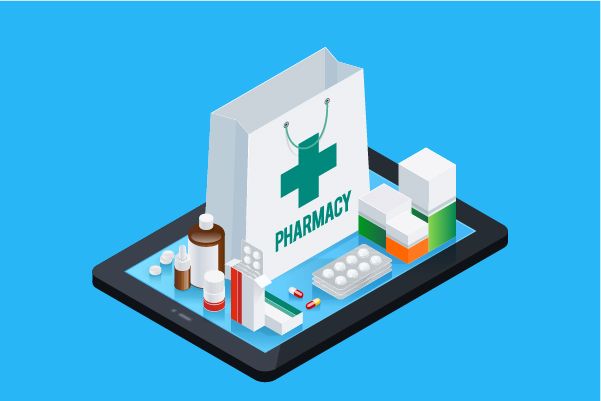Unseen Challenges: The Quest for LGBTQIA+ Inclusivity in Patient Data
The SCOPE 2024 conference, inaugurated by Fareed Melhem of Medidata Solutions, emphasized the significance of integrating patient care with clinical research. The event underscored the pivotal role of patients in the drug development process, with a focus on the patient journey as essential for accurate data collection and the advancement of AI in pharmaceuticals.
Katherine Taylor of Merck & Co., who led a panel on integrating research into the care continuum, echoed the theme, highlighting opportunities to standardize patient participation across clinical research and care. The conference also addressed the inclusion of sexual and gender minority (SGM) patients in clinical trials, with the SGM Alliance facilitating discussions involving representatives from major pharmaceutical companies.
The first panel, "Inclusivity for the LGBTQIA+ Community: Count Me In," discussed the challenges faced by LGBTQIA+ patients, including biases in clinical trial protocols and healthcare provider attitudes. Personal narratives from participants underscored these issues, with anecdotes of misgendering and the need for patients to educate their healthcare providers.
Solomon Yakubov from GSK highlighted the difficulty of finding healthcare providers sensitive to the needs of sexual and gender minorities, even in urban areas. Garo Kiledjian, CEO of SGM Alliance, linked such experiences to a broader mistrust of healthcare and pharmaceuticals among these communities. Kiledjian also noted a growing industry dialogue on LGBTQIA+ inclusion, spurred by a previous conference roundtable.
Statistics from the National Institute on Minority Health and Disparities (NIMHD) show an increasing trend of LGBTQIA+ identification across generations. The FDA is actively requesting sexual orientation and gender identity (SOGI) data, signaling potential future requirements.
The SGM Alliance has partnered with numerous pharmaceutical companies, CROs, and technology providers, as well as government entities, to foster inclusion. The second panel, "Overcoming Access Barriers to Healthcare for the LGBTQIA+ Community: Bridging Gaps, Driving Change," moderated by Jessica Brescher, discussed strategies for increasing diversity in clinical trials, emphasizing the importance of detailed data collection and culturally sensitive practices.
Denise Johnson Sura from Eli Lilly shared her personal journey towards becoming more inclusive, focusing on language use and openness to learning. Sandra Amaro from Pfizer discussed the company's sponsorship of the Human Rights Campaign and the Healthcare Equity Index (HEI), a tool for evaluating healthcare facilities' LGBTQIA+ inclusivity.
Michel Reid from GSK emphasized the importance of communication and education for trial sites and healthcare providers, acknowledging the industry's ongoing learning process regarding data collection. Shir Netanel from Johnson & Johnson described the company's efforts to create inclusive trials, including a gender-neutral prostate cancer study that collects SOGI data.
As the pharmaceutical industry increasingly relies on AI, the importance of inclusive data collection grows, especially with the rising number of LGBTQIA+ individuals. Kiledjian advised companies to prepare for future requirements by actively including LGBTQIA+ populations in their protocols.
How to obtain the latest research advancements in the field of biopharmaceuticals?
In the Synapse database, you can keep abreast of the latest research and development advances in drugs, targets, indications, organizations, etc., anywhere and anytime, on a daily or weekly basis. Click on the image below to embark on a brand new journey of drug discovery!




